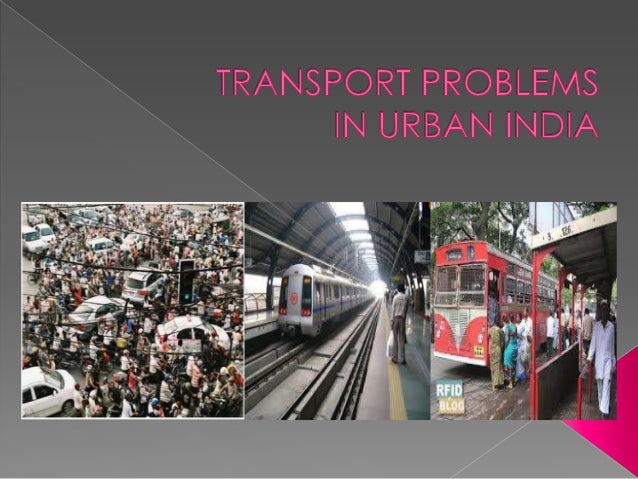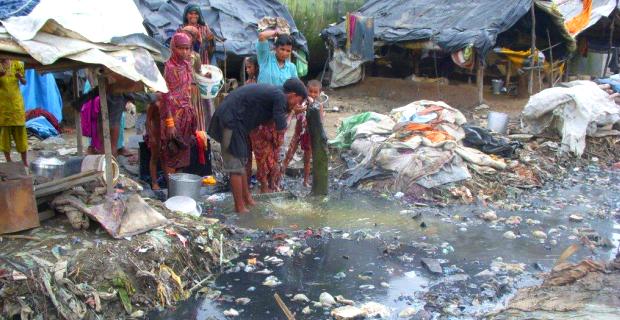Smart cities will work only if they can
reinvent the very idea of urban growth in a country like India.
- Smart thinking will require the government not only
copy the model cities of the already developed Western world, but also
find a new measure of liveability that will work for the Indian situation,
where the cost of growth is unaffordable for most.
- But all this will not happen, unless we can find the
right fit for service providers in our cities.
- We need services--everything from water to the
management and clean-up of sewage, waste and public transport--so that we
can live healthy lives.
The question is who will provide these services? What is
the nature of the public service utility that India needs?
We know that our current municipal service providers are hampered by lack of technical capacity and crippled with poor governance. In the past few years there has been a push towards privatisation as the solution for provisioning of city services. But this is not as easy an answer as it would seem.
We know that our current municipal service providers are hampered by lack of technical capacity and crippled with poor governance. In the past few years there has been a push towards privatisation as the solution for provisioning of city services. But this is not as easy an answer as it would seem.
- This is because we have a large population of poor
and relatively poor middle-class, and so public infrastructure has to be
affordable to build and to run.
- In most cases, the private player is unable to run
the public asset--be it water supply, public transport or a swanky
airport--without substantial recurring funds.
- So the private sector's interest is to make profit by
building the infrastructure and then stay clear of the responsibility of
providing services.
Bus
Transport
 |
Take buses. The city of Delhi (and all
others) desperately needs a revamped, modern public transport system, which can
provide for the requirements of its exploding population. Without a viable and
convenient transport system, the growth of private vehicles will choke the city
roads and poison our lungs. But the question is what will be the shape and
organisation of this system of the future?
- The model of city bus transport in the country is
largely publicly managed. Mumbai, Bengaluru, Kolkata, Hyderabad and
Delhi--all have city corporations to run this key commuter service.
- Some do a better job than others in efficiency and
service but the accounts of all agencies show that they are bleeding
because of higher costs of operations and price of tickets.
- The fact is that the price of a ticket in a bus has a
market competitor--it has to be lower than the cost of running a two-wheeler.
- The price of a bus ticket can only increase if there
are adequate barriers for its substitute.
- For instance, if there are high rates for parking
private vehicles and there is enforcement against unauthorised parking,
then there is an incentive to move to the public transport mode and pay
higher costs.
Garbage Management
Take garbage. We know that our cities are drowning in garbage--plastic is surely the curse of the modern landscape. The current approach is to invest in collecting this garbage, transport it and bury it in landfills. It is built on the premise that there will be land for urban India to bury its waste. It then assumes that if we can finance infrastructure, we will be able to pay for urban services that can efficiently collect and dispose our waste. The vision is to hire corporate sweepers to clean our cities.

But the facts are different.
- Firstly, we do not have land to dispose of the
current waste we generate, let alone the new waste we will generate.
Finding a dumpyard - elsewhere - is always the cheapest and laziest option
rich cities in many parts of the world have used. But we cannot.
- Secondly, all city plans do not account for the fact
that there will be increasing quantities of plastic, non-disposal waste
and toxic waste in our households, which will require new and much more
expensive ways of disposal.
- Thirdly, the waste-plan does not understand that it
is the rich in the cities that do not pay for their waste disposal. Not
the poor. Urban services today are stretched because they are in the
service of the people who generate the waste but do not pay for it. In
this scenario, cities cannot under any circumstances extend these services
to all.
So, this is the same when it comes to water supply, sewage or garbage management in our cities. We need to redesign systems for providing services and then redesign the utility to supply most efficiently and to all.
Private Sector -- A feasible alternative ?
The question then is what is the kind of contract that is signed between the private entity interested in profits and the public entity incapable of raising profits?
- The municipality or local government will either see
the private sector as the instrument to recover money from subsidised
consumers, or simply see it as a way to provide some efficiency even as
the government continues to subsidise its consumers and also pay the
private sector its pound of flesh.
Given
all this, we need a different definition of efficiency and certainly a
different model of service providers in our cities.
- The first principle is that whereas the private sector cannot solve the water, garbage or transport problems of our world, it cannot be excluded in playing a role in providing these services.
- The second key is to accept that the private
contractor private sector can only work within the terms society sets for
it. It cannot own the resource. It certainly cannot be its custodian. The
private sector may also be asked to set the price and recover dues. But
setting the tariff must be fully transparent about the full costs of
treating and delivering water and waste or providing other services. Therefore,
the decision of governments to subsidise its middle-class electorate must
not be hidden behind socialist rhetoric.
The most efficient utility for our smart cities will be about smart design.

